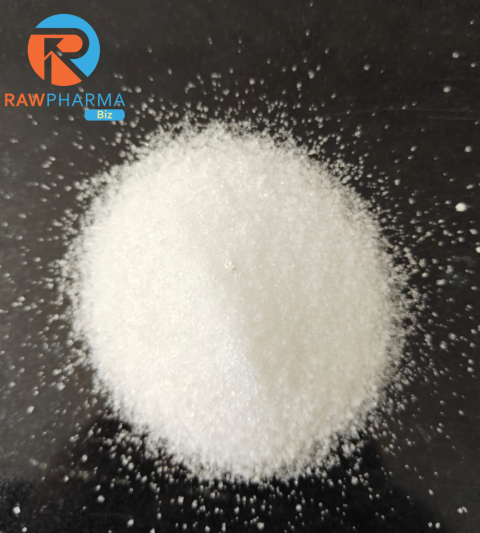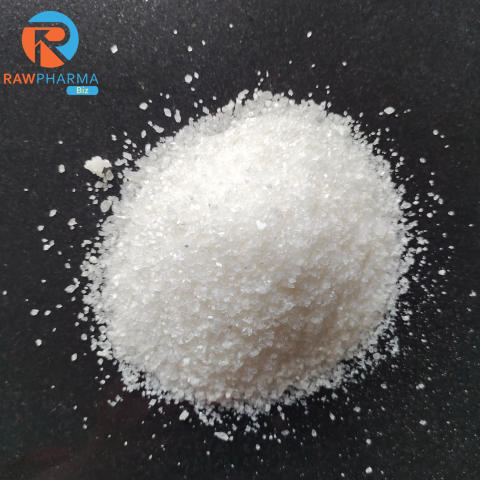Aspartame 25 Kg Pack
Short Descriptions
Aspartame is a low-calorie artificial sweetener used as a sugar substitute in various food and beverage products. Composed of phenylalanine, aspartic acid, and methanol, it provides a sweet taste without the calories associated with sugar. Commonly found in diet sodas, sugar-free desserts, and other light or reduced-calorie products, aspartame is about 200 times sweeter than sucrose. It is approved by regulatory agencies for consumption by the general population, including individuals with diabetes, seeking a sweet alternative with minimal impact on calorie intake.
More Information
Details
Aspartame is a widely used artificial sweetener renowned for its intense sweetness and low-calorie profile. Composed of the amino acids phenylalanine and aspartic acid, along with a methyl ester, it is approximately 200 times sweeter than sucrose (table sugar). This high sweetness intensity allows for the creation of sweet-tasting products with significantly reduced or zero caloric content, making it an appealing choice for individuals seeking sugar alternatives as part of a low-calorie or sugar-free diet. This sweetening agent has found extensive application in the food and beverage industry, where it is used in an array of products ranging from diet sodas and sugar-free desserts to chewing gum and tabletop sweeteners. Aspartame imparts a sweet taste without the caloric load associated with traditional sugars, providing a palatable option for those looking to manage their calorie intake, particularly individuals with diabetes or those aiming to control their weight. The metabolism of aspartame involves the breakdown of its constituent amino acids, releasing phenylalanine, aspartic acid, and methanol. Phenylalanine is a precursor for the neurotransmitter dopamine, while aspartic acid is a naturally occurring amino acid. The small amount of methanol produced is comparable to that found in many fruits and vegetables. It's worth noting that individuals with phenylketonuria (PKU), a rare genetic disorder, need to monitor their phenylalanine intake, as they lack the enzyme necessary for its metabolism. Regulatory bodies such as the U.S. Food and Drug Administration (FDA), the European Food Safety Authority (EFSA), and other global health organizations have extensively reviewed the safety of aspartame and have deemed it safe for consumption within established acceptable daily intake (ADI) levels. While aspartame has been a subject of occasional scrutiny and misinformation, scientific studies and regulatory assessments consistently affirm its safety when used within recommended levels. Aspartame serves as a valuable tool in providing a sweet taste without the added sugars, contributing to the formulation of a diverse range of low-calorie and sugar-free food and beverage options for consumers worldwide.



